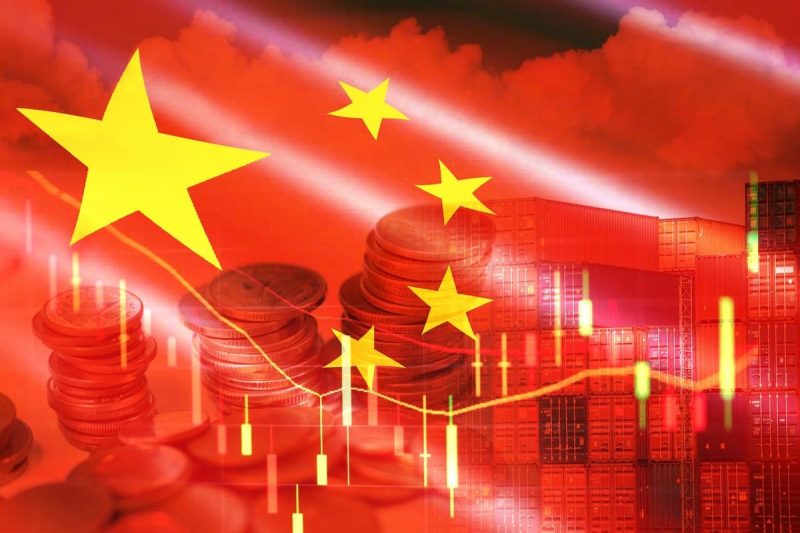China Restricts Key Critical Minerals Exports in Response to US Chip Controls
The recent move by China to restrict the exports of key critical minerals in response to US chip controls has raised concerns globally. This decision comes amid escalating tensions between the two economic powerhouses and has significant implications for various industries. The restrictions imposed by China are targeted at rare earth elements and other minerals crucial for the production of advanced technologies such as semiconductors and electric vehicles.
Rare earth elements, a group of 17 elements that are vital for high-tech applications, are predominantly mined and processed in China. These elements play a crucial role in the production of a wide range of technologies, including smartphones, defense systems, and renewable energy technologies. China’s dominance in the rare earth industry gives it significant leverage over global supply chains and has been a point of contention in international trade relations.
The restrictions on rare earth exports by China in response to US chip controls reflect a broader trend of countries using strategic resources as tools for geopolitical leverage. As countries increasingly rely on advanced technologies for economic growth and national security, the control of critical minerals has become a key strategic concern. The move by China highlights the vulnerability of global supply chains to political disruptions and underscores the need for diversification and resilience.
The impact of China’s export restrictions on critical minerals is already being felt in industries that rely on these resources. Companies in the semiconductor and electronics sectors are closely monitoring the situation, as any disruption to the supply of rare earth elements could have cascading effects on production and pricing. The restrictions imposed by China have also prompted concerns about potential retaliatory measures by the US and other countries, further complicating the global trade landscape.
In response to the growing tensions over critical minerals, countries are exploring ways to reduce their dependence on single suppliers and secure alternative sources of key resources. Efforts are being made to diversify supply chains, invest in domestic production capabilities, and strengthen international partnerships to ensure a stable and resilient supply of critical minerals. Additionally, initiatives are underway to promote sustainable mining practices and technology recycling to minimize the environmental impact of mineral extraction.
The restrictions imposed by China on key critical minerals exports in response to US chip controls have brought to the forefront the complex interplay between geopolitics, trade, and technology. As countries navigate this evolving landscape, it is essential to balance the need for access to critical resources with strategic autonomy and resilience. Collaborative efforts among nations, industry stakeholders, and policymakers will be crucial in ensuring the sustainable and reliable supply of critical minerals for the advancement of global innovation and development.

